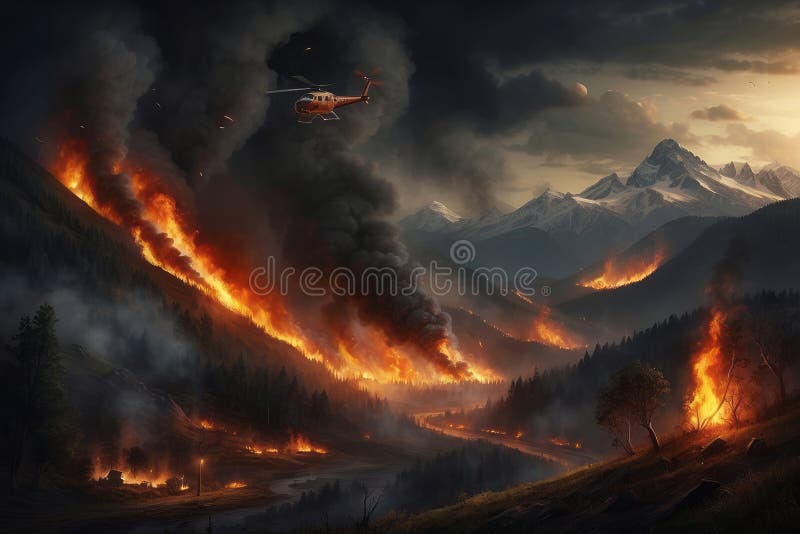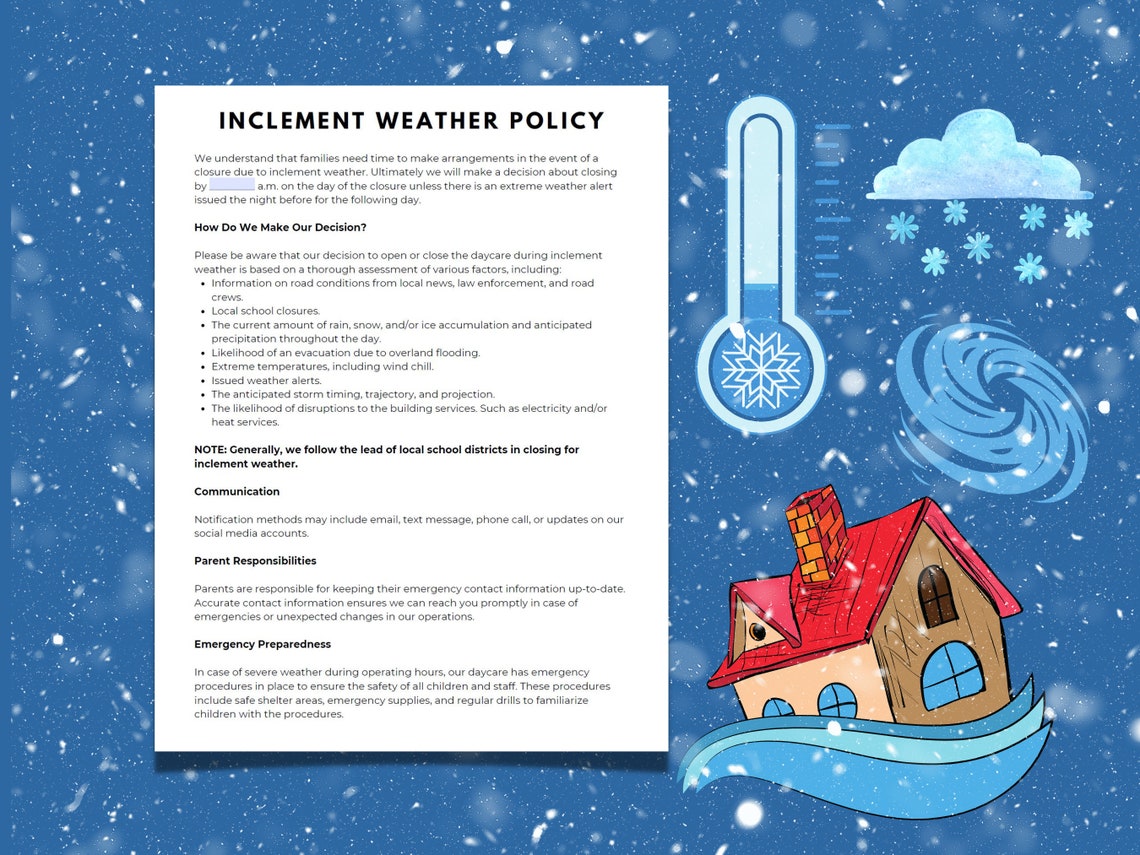Alberta Oil Output Under Threat From Spreading Wildfires

Table of Contents
Direct Impacts of Wildfires on Oil Sands Operations
The immediate impact of the wildfires is devastating for Alberta's oil sands operations. The proximity of these infernos to critical infrastructure is forcing production halts and mass evacuations, causing significant economic fallout and raising serious safety concerns.
Production Halts and Facility Evacuations
Several major oil sands projects have already been forced to temporarily shut down due to the encroaching wildfires. Safety protocols mandate immediate evacuation of personnel when wildfires threaten facilities, resulting in significant production losses. For example, the [Insert Name of Oil Sands Project, if available] project was forced to halt operations and evacuate its workforce on [Insert Date, if available] due to the uncontrolled spread of nearby wildfires. This highlights the immediate and severe challenges posed by these catastrophic events.
Damage to Infrastructure
Beyond immediate shutdowns, the wildfires pose a significant risk of long-term damage to vital infrastructure. Pipelines, processing plants, and other critical equipment are vulnerable to fire damage, leading to costly repairs and extended downtime. The potential for pipeline damage is particularly concerning, as leaks could lead to environmental disasters and further economic disruption. Past wildfire events in Alberta have demonstrated the scale of this potential damage, with [Insert Statistics on past damage from wildfires, if available] illustrating the significant impact on infrastructure.
Air Quality and Worker Health
The intense wildfire smoke significantly impacts air quality, creating serious health risks for workers in the oil sands. Exposure to smoke can lead to respiratory illnesses and other health problems, potentially causing labor shortages as workers become ill or unable to work in hazardous conditions. This further exacerbates the challenges faced by the oil industry during this crisis.
- The [Insert Name of Oil Sands Project, if available] project reported [Insert Number] workers experiencing respiratory issues due to smoke inhalation.
- Estimated production losses due to these shutdowns are currently projected at [Insert Estimated Figures, if available] barrels of oil per day.
- Companies are implementing enhanced safety measures including improved air filtration systems and mandatory respirator use for workers.
Indirect Impacts on Alberta's Oil Industry
The wildfires’ impact extends far beyond the immediate vicinity of oil sands operations, creating a ripple effect throughout Alberta's oil industry.
Supply Chain Disruptions
Wildfires and associated road and rail closures cause significant supply chain disruptions. Transportation of oil and essential goods is hampered, affecting the delivery of equipment, materials, and personnel to oil sands projects. This disruption impacts both operational efficiency and the overall productivity of the industry.
Insurance and Financial Losses
The financial implications for oil companies are substantial. Insurance claims for damage to infrastructure and lost production will likely reach into the millions, if not billions, of dollars. Furthermore, the uncertainty surrounding the duration and extent of the disruptions could lead to stock market fluctuations and negatively impact investor confidence.
Impact on Global Energy Prices
Reduced Alberta oil production due to wildfires is likely to create ripples in the global energy market. The disruption to supply could lead to oil price volatility and increased energy costs for consumers worldwide. The extent of this impact will depend on the duration of the wildfires and the ability of the industry to recover quickly.
- Major transportation routes, including [Insert names of affected highways and railways], remain closed, disrupting the supply of critical materials.
- Initial estimates of financial losses for the oil industry are already in the range of [Insert Estimated Financial Losses, if available].
- Analysts predict a potential increase in global oil prices by [Insert Percentage, if available] in the short term, should the wildfires continue to disrupt production.
Government Response and Mitigation Strategies
The Alberta government is actively engaged in responding to the crisis and developing long-term strategies for mitigation.
Emergency Response and Firefighting Efforts
Significant resources are being deployed to combat the wildfires, including firefighters, aircraft, and equipment. Emergency management protocols are in place to coordinate the response and protect lives and infrastructure. The government's commitment to combating these wildfires is paramount.
Long-term Strategies for Wildfire Prevention
The government is also investing in long-term strategies to prevent future wildfires and mitigate their impact. This includes improved forest management practices, investments in early warning systems, and community engagement programs to educate the public about wildfire prevention.
Support for Affected Communities and Workers
Various support programs are being implemented to assist communities and workers impacted by the wildfires. This includes financial assistance, housing support, and job retraining programs for those who have lost their livelihoods.
- The Alberta government has allocated [Insert Amount] in funding for wildfire response and prevention.
- Several community support programs are underway, providing [Insert details of the available support].
- Long-term plans are in place to rebuild damaged infrastructure and support economic recovery.
Conclusion: The Future of Alberta Oil Production in the Face of Wildfires
The devastating wildfires currently impacting Alberta are having a profound effect on the province's oil production, causing both direct damage to infrastructure and indirect disruptions to the supply chain and global energy markets. The economic consequences are substantial, and the health and safety of workers remain a major concern. Effective wildfire prevention and mitigation strategies are critical not only to protect Alberta's oil output but also to safeguard the health and well-being of its communities. To learn more about the ongoing situation and the efforts to protect Alberta's energy sector, visit [Link to relevant government website or industry report]. The resilience of the Alberta oil industry hinges on proactive measures to mitigate future wildfire threats and build a more sustainable and robust energy sector.

Featured Posts
-
 Madrid Open Giron Defeats Berrettini In Comeback Match
May 31, 2025
Madrid Open Giron Defeats Berrettini In Comeback Match
May 31, 2025 -
 Atp Madrid Open Berrettinis Tournament Ends In Defeat
May 31, 2025
Atp Madrid Open Berrettinis Tournament Ends In Defeat
May 31, 2025 -
 Inclement Weather Possible For Northeast Ohio Election Day
May 31, 2025
Inclement Weather Possible For Northeast Ohio Election Day
May 31, 2025 -
 Constanza Grave Incendio Forestal Causa Alerta Entre Residentes
May 31, 2025
Constanza Grave Incendio Forestal Causa Alerta Entre Residentes
May 31, 2025 -
 Historic Meeting Pope Leo Xiv Greets Giro D Italia Peloton
May 31, 2025
Historic Meeting Pope Leo Xiv Greets Giro D Italia Peloton
May 31, 2025
